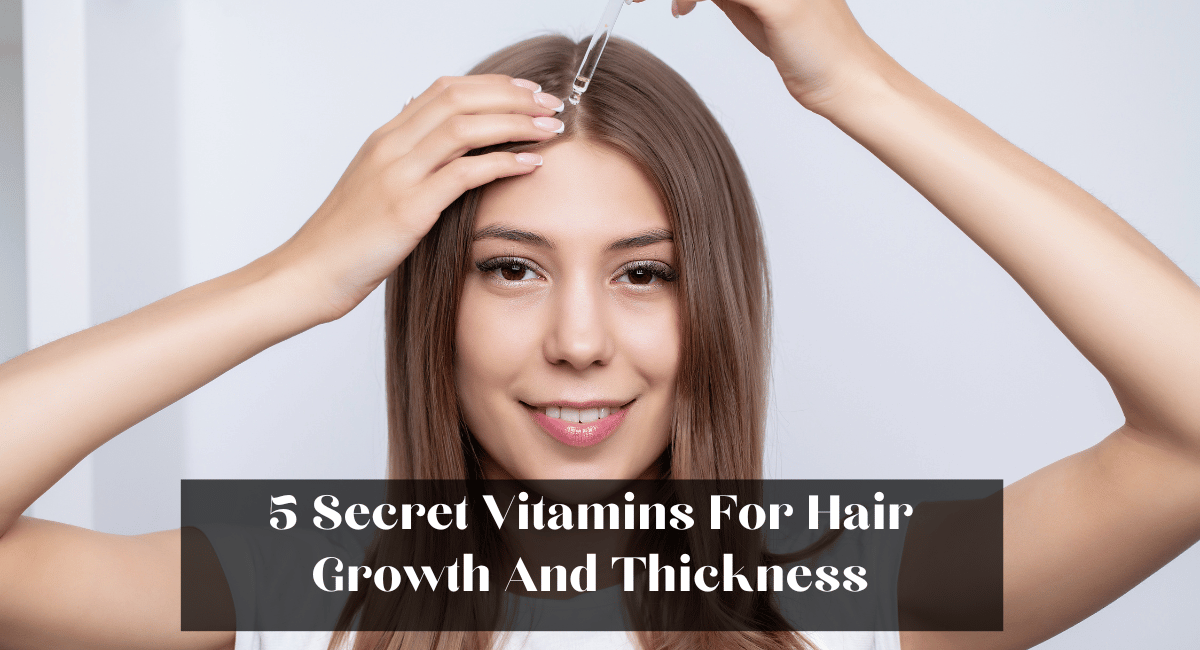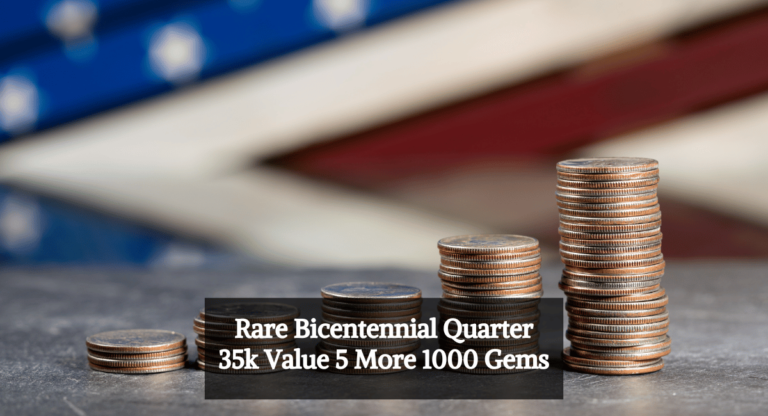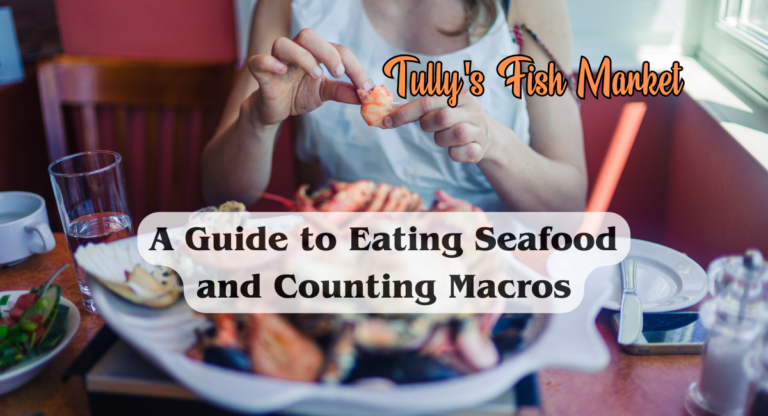The Role of Vitamins in Hair Health
Hair is often seen as a reflection of our overall health and well-being. A balanced diet rich in specific vitamins is essential to maintain its health, shine, and thickness. Vitamins play a critical role in hair growth, repair, and maintenance, influencing everything from the hair growth cycle to the physical strength of each strand.
Vitamin A: The Growth Promoter
Sources and Benefits
Vitamin A is crucial for cell growth, including hair, the fastest-growing tissue in the human body. It also helps skin glands produce sebum, an oily substance that moisturizes the scalp and keeps hair healthy. Sources of Vitamin A include sweet potatoes, carrots, pumpkins, spinach, and kale, all high in beta-carotene, which is converted into vitamin A.
Vitamin B: The Structure Enhancer
Biotin and Other B Vitamins
Biotin, a well-known vitamin for hair growth, falls under the Vitamin B family. Other B vitamins help create red blood cells, which carry oxygen and nutrients to the scalp and hair follicles. Foods rich in B vitamins include whole grains, almonds, meat, fish, seafood, and dark, leafy greens.
Vitamin C: The Damage Shield
Antioxidant Properties and Collagen Production
Vitamin C is a powerful antioxidant that helps protect against the oxidative stress caused by free radicals. Additionally, it plays a vital role in producing collagen, a crucial part of hair structure. Citrus fruits, strawberries, peppers, and guavas are excellent sources of Vitamin C.
Vitamin D: The Follicle Awakener
Links to Hair Production
Though the role of Vitamin D in hair growth is not fully understood, low levels are linked to alopecia, a technical term for hair loss. Your body produces vitamin D through direct contact with the sun’s rays, and it’s also found in fatty fish, cod liver oil, and some mushrooms.
Vitamin E: The Hair Guardian
Combatting Oxidative Stress
Like Vitamin C, Vitamin E is an antioxidant that can prevent oxidative stress. Sunflower seeds, almonds, spinach, and avocados are good sources of Vitamin E, known for enhancing hair growth and health.
Integrating Vitamins into Your Diet for Optimal Hair Health
Balanced Diet and Supplementation
While these vitamins are essential for hair growth and thickness, consuming them as part of a balanced diet is necessary. Over-supplementation can lead to adverse effects, so seeking guidance from a healthcare provider is recommended before starting any new supplement regimen.
The Synergy of Vitamins and Hair Care
Beyond Diet: Comprehensive Hair Health
In addition to a nutritious diet rich in these vitamins, proper hair care practices are crucial. Regularly washing your hair to keep the scalp clean, using chemical-free hair products, and avoiding heat styling tools can also contribute significantly to your hair’s health.
Omega-3 Fatty Acids: Nourishment from Within
Vital for Hair Hydration and Luster
While not a vitamin, Omega-3 fatty acids are crucial for hair health. These healthy fats are known for their anti-inflammatory properties and play a vital role in hair growth. They nourish the hair follicles and cell membranes, promoting a healthy scalp and preventing hair dryness. Omega-3s can be found in fish, such as salmon, mackerel, and sardines, as well as in flaxseeds, chia seeds, and walnuts. Regular Omega-3-rich foods can produce shinier, thicker, and stronger hair.
Protein: The Building Block of Hair
Essential for Hair Strength and Elasticity
Hair is primarily made up of protein, specifically keratin. Adequate protein intake is essential for hair strength, elasticity, and growth. A diet lacking in protein can lead to weak, brittle hair and, in severe cases, hair loss. To ensure your hair has the necessary protein, include lean meats, poultry, fish, beans, low-fat dairy products, and eggs in your diet. Vegetarians and vegans can use plant-based protein sources like quinoa, lentils, and nuts to keep their hair healthy.






